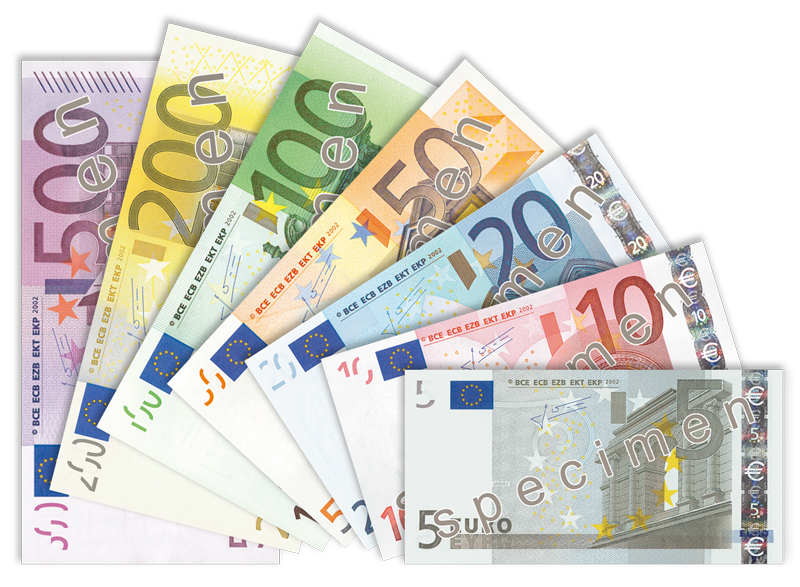FOR THE EURO AND ‘ANTICIPES IN’ RETARDI ‘

MONDORF LES BAINS – Europe of the lords of the coins is meeting once again, the first after the summer break, in the pouring rain of Mondorf les Bains, a pleasant spa town in Luxembourg. This morning the finance ministers of the Fifteen will gather around a table while now nine months are left to the final decision on the countries that will be admitted to the Euro and those who will be excluded. Yesterday evening came the Italian delegation composed by the Treasury Minister Carlo Azeglio Ciampi, the Finance Minister Vincenzo Visco and the Governor of the Bank of Italy Antonio Fazio. Serene faces but no comment before the dinner which was attended by ministers and central bankers of the European Union. To see them it would not seem that the fate of the Continent is at stake and that the tensions between the partners often become acute: “We talked about topics of common interest”, throws there as he gets on the bus that takes him to the convivial meeting Dominique Strauss Kahn, French minister reporting on the long Franco-German summit held yesterday evening also present the central governors of both countries. German colleague Waigel talks about a “productive” meeting but does not boast optimism and complains that Germany contributes most of all to European funds and benefits less than others. Tight teeth and normal tension in these circumstances. Today’s agenda is back to the torment of the relationship between ministers and central bankers. Who will lead the economic and monetary policies once the euro is born? Who will establish the exchange ratio with the dollar and the yen? Naturally the French accent is all on the political side and that of the Germans is all about the autonomy of the central bank. France wants a real council for the Euro that can dictate general economic policy guidelines and exchange rate indications. Germany – Hans Tietmeyer seemed to say yesterday while he was mocking cameras and journalists – but he does not intend to abdicate the power of the central bank and thinks that it will be sufficient to strengthen the current Ecofin structure. Italy seems to share some of Bonn ‘s concerns and aims to make the functioning of existing institutions more effective, just like Ecofin. On the other hand, the possibility of anticipating the fixing of the conversion rates of the national currencies in the Euro seems to fade away. Yesterday, Commissioner De Silguy was clear: “No advance of conversions and no postponement of the departure of the Euro”.
It is the tax theme, foreseen in today’s agenda, that provides Italy with the best card to play: the Minister of Finance Visco has pointed the finger at the unfair tax competition of some countries and called for the immediate launch of a directive on harmonization in Europe. The full dossier prepared by Mario Monti for today will partly satisfy the Italian requests. Yesterday Monti, in a press conference in Brussels, announced that he would propose a “self-regulation code” to which the Fifteen will be called to join by the end of the year. There is also good news on the Italian delegation: from Paris the new estimates of the OECD are filtered which speak of a 1.1% growth for this year (up from the previous forecast of 0.9%), little less than the Monetary Fund, which in recent days had indicated an increase in GDP of 1.2 per cent (the same estimate made by the government). For 1998, the OECD expects to forecast up to 2 percent against 2.1 percent of the Monetary Fund. Italy arrives in the presence of European partners after collecting the positive opinion of the International Monetary Fund on the progress made on the public finance front. The IMF, in recent days, has improved the estimate on the deficit-to-GDP ratio that since the 3.3 of last April has been reduced to 3.2 percent: equal to that of France and one tenth more than Germany. Although this time the issue of Italy is not as hot as it was before the presentation of the convergence plan at the beginning of the summer, public finance, welfare state and the welfare of our country are always under observation.


